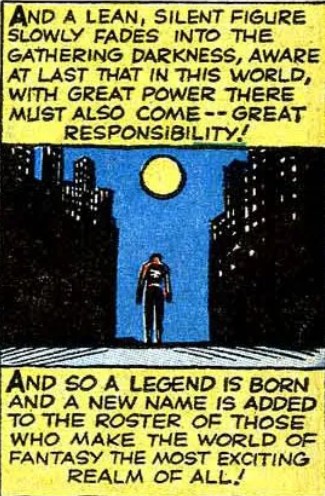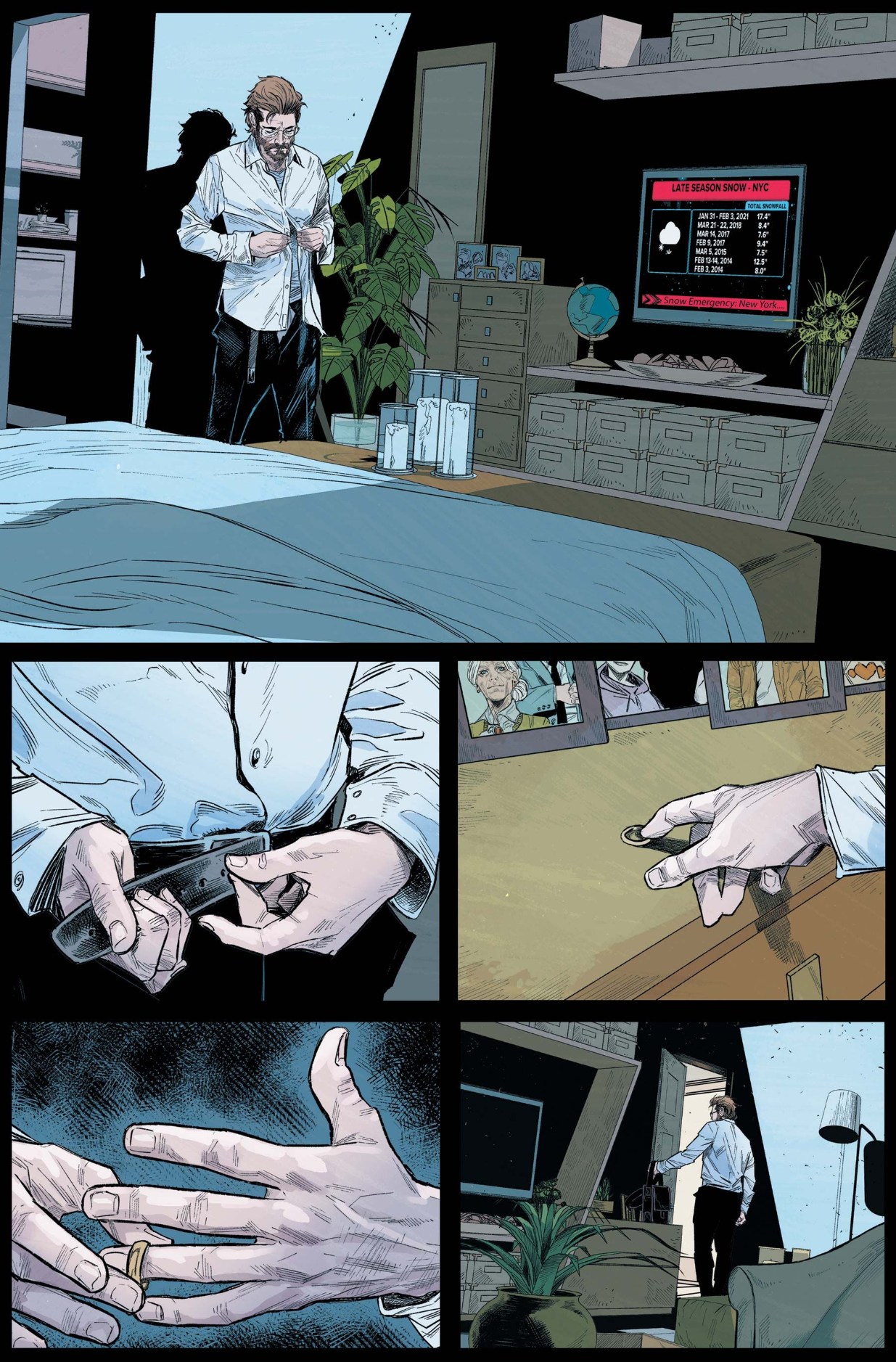Is Ultimate Spider-Man a unique take on the classic Spider-Man story or a complete overhaul of the superhero for new audiences? Perhaps the answer is …

Preface
When I think of the classic Spider-Man origin story there are several timeless aspects that come to mind; heroism, responsibility, justice, regret. These concepts of what Spider-Man is, aside from a plot perspective, are so ubiquitous that everyone can misquote that fateful line never actually spoken by a dying Ben Parker.

With great power comes great responsibility… wait, he never said that?
Regardless of whether the average person knows, or even cares, about this small distinction the important point is that everyone understands what it is to be Spider-Man. We all know that Spider-Man will stop the train, he will give up MJ to protect her, and he regularly spends his own physical, mental, and emotional well-being simply to help others. And everytime Spider-Man does this it comes at great personal cost to Peter Parker. Because for Spider-Man to win, Peter Parker must lose. And this push and pull is a key tension that is present through all great runs for the hero.
Enter now, Hickman.
The story begins with a world deprived of Spider-Man and we find a Peter Parker who, ostensibly, has everything. He is married to MJ, has children, and financial stability which is a luxury almost never afforded to Peter. So, we begin with a glimpse of a “perfect” life for Peter Parker, happy and fulfilled by life and his family. And this steady state would’ve likely persisted forever but our story begins after the precipitating event that changes everything, which we believe to be a savage attack on New York by none other than Howard Stark. Peeling back the story beats of this first issue we start to see how subtly Hickman twists and plays with our expectations.
A word on Marco Checchetto
As if the plot and dialogue weren’t enough of a masterclass in writing, I would be remiss to not mention the absolutely exceptional visual storytelling that occurs within these pages. Within the first 8 panels we learn just about everything we need to know about this version of Peter Parker with less than 10 words spoken. See the attached panels for reference.

This Peter Parker is a tired man. Not tired in a sense of being unsatisfied in his life but tired in that unique way in which only life can wear us down, even when things are good. This first panel takes up most of the page, and you can almost feel the gravity of whatever is weighing on his mind as he prepares for his day. Next we see Peter Parker putting his pants on - few acts feel more human, what a striking divergence from the heroic heights we know are possible. One panel speaks to love showing the ring (signifying MJ, as we will soon learn) but also a photograph of Aunt May. One panel for commitment and perseverance, as if marriage was anything else. And finally, a quiet departure with breifcase in hand, underscoring a life shaped by responsibility and sense of duty.
